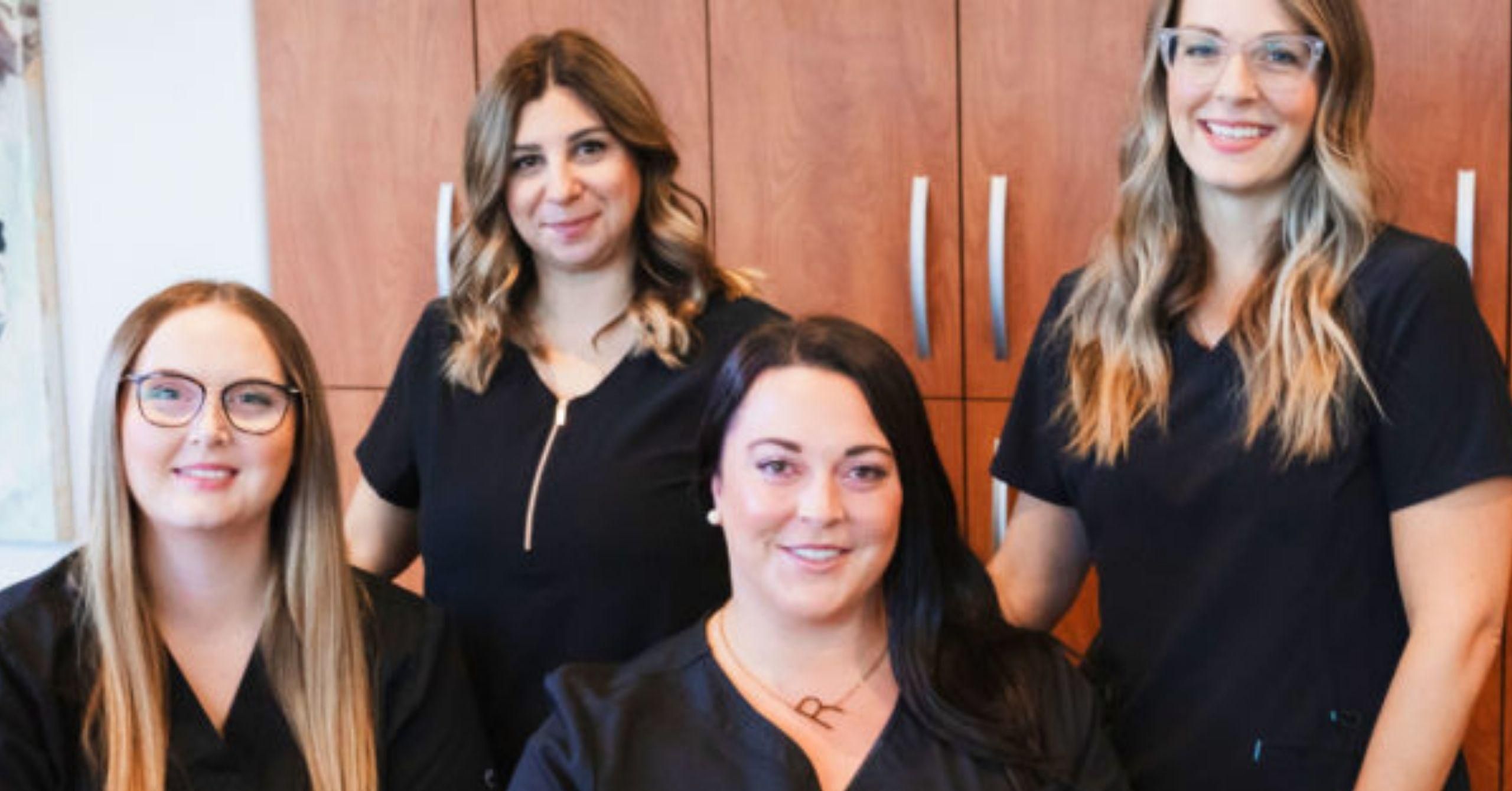Children’s Dentistry at
Princess Elizabeth Dental
Normal tooth eruption and development
The first baby teeth that come into the mouth are the two bottom front teeth. You will notice this when your baby is about six to eight months old. Next to follow will be the four upper front teeth and the remainder of your baby’s teeth will appear periodically. T hey will usually appear in pairs along the sides of the jaw until the child is about 2-1/2 years old.
At around 2-1/2 years old, your child should have all 20 deciduous (“baby”) teeth. Between the ages of five and six, the first permanent teeth will begin to erupt. Some of the permanent teeth replace baby teeth and some don’t. Don’t worry if some teeth are a few months early or late. All children are different.
Baby teeth are important, not only in holding space for the permanent teeth, but also for chewing, biting, speech, and appearance. For this reason it is important to maintain a healthy diet and daily hygiene even as a child.
Your child’s first visit
We usually like to see children around age 3 ½, unless you have any questions or concerns earlier. The first dental visit is usually short and involves very little treatment . We may ask the parent to sit in the dental chair and hold their child during the examination. The parent may also be asked to wait in the reception area during part of the visit so that a relationship can be built between your child and your dentist.
The object of the first visit is twofold: we want to screen the child for any developmental problems, and we want them to have a fun, easy visit. In our experience, if a child’s first visit is fun, they will enjoy coming to the dentist for their whole life. If we wait until their first visit is an emergency after a bike accident or something, they will always have a small amount of reluctance.
At their first visit, we will gently examine your child’s teeth and gums, and review any habits such as thumb-sucking. Radiographs may be taken (to reveal decay and check on the progress of your child’s permanent teeth under the gums). We may clean your child’s teeth and apply topical fluoride to help protect the teeth against decay. We will make sure your child is receiving adequate fluoride at home. Most important of all, we will review with you how to clean and care for your child’s teeth.
What should I tell my child about their first dental visit?
We are asked this question many times. We suggest you prepare your child the same way that you would before their first haircut or trip to the shoe store. Your child’s reaction to their first visit to the dentist may surprise you.
Some first visit tips
- Take your child for a “preview” or online tour of the office.
- Read books with them about going to the dentist.
- Review with them what the dentist will be doing at the time of the first visit.
- Speak positively about your own dental experiences.
Cavity prevention
Cavities in children are less common now than they were even twenty years ago. Most of the time cavities are due to a diet high in sugary foods and a lack of brushing. Limiting sugar intake and brushing regularly, of course, can help.
Every time someone eats, an acid reaction occurs inside their mouth as the bacteria digests the sugars. This reaction lasts approximately 20 minutes. During this time the acid environment can destroy the tooth structure, eventually leading to cavities.
The consistency of a person’s saliva also makes a difference. Thinner saliva breaks up and washes away food more quickly. When a person eats diets high in carbohydrates and sugars, they tend to have thicker saliva that allows more acid-producing bacteria that can cause cavities.
Some first visit tips
- Limit frequency of meals and snacks.
- Encourage brushing, flossing, and rinsing.
- Watch what you drink.
- Avoid sticky foods.
- Make treats part of meals.
- Choose nutritious snacks.
Fluoride
Nowadays cavities are less common, and less damaging when they do occur, because of fluoride. In the Edmonton area, the fluoride in our water supply is regulated to a constant 0.5 parts per million. Getting the right amount–not too much or too little–of this essential mineral is important to bone and tooth development, and fluoride regulation is one of the the most successful public health measures in history.
We also receive fluoride from toothpaste, at the dental office, and from foods and beverages made with city water, the so-called “halo effect”. If you live rurally and are on well water, your dentist can help you determine if your family is receiving the optimal amount of fluoride for good health.
Dental sealants
Highly effective in preventing decay on the biting surfaces of your chewing teeth, sealants are a simple procedure in which a tooth-colored acrylic “coating” is painted onto the surface of the tooth. This effectively “seals” the deep grooves acting as a barrier, protecting enamel from plaque and acids.
Easy to apply, sealants take only a few minutes to seal each tooth. They tend to hold up well under the force of normal chewing and can last many years before a reapplication is needed, if at all.
Sealants are most commonly used on children, and ideally we place them as soon as the permanent molar teeth erupt. In specific cases, we will also use them on bicuspid teeth or in deep pits on the tongue-side of the front teeth, or even in adults.
